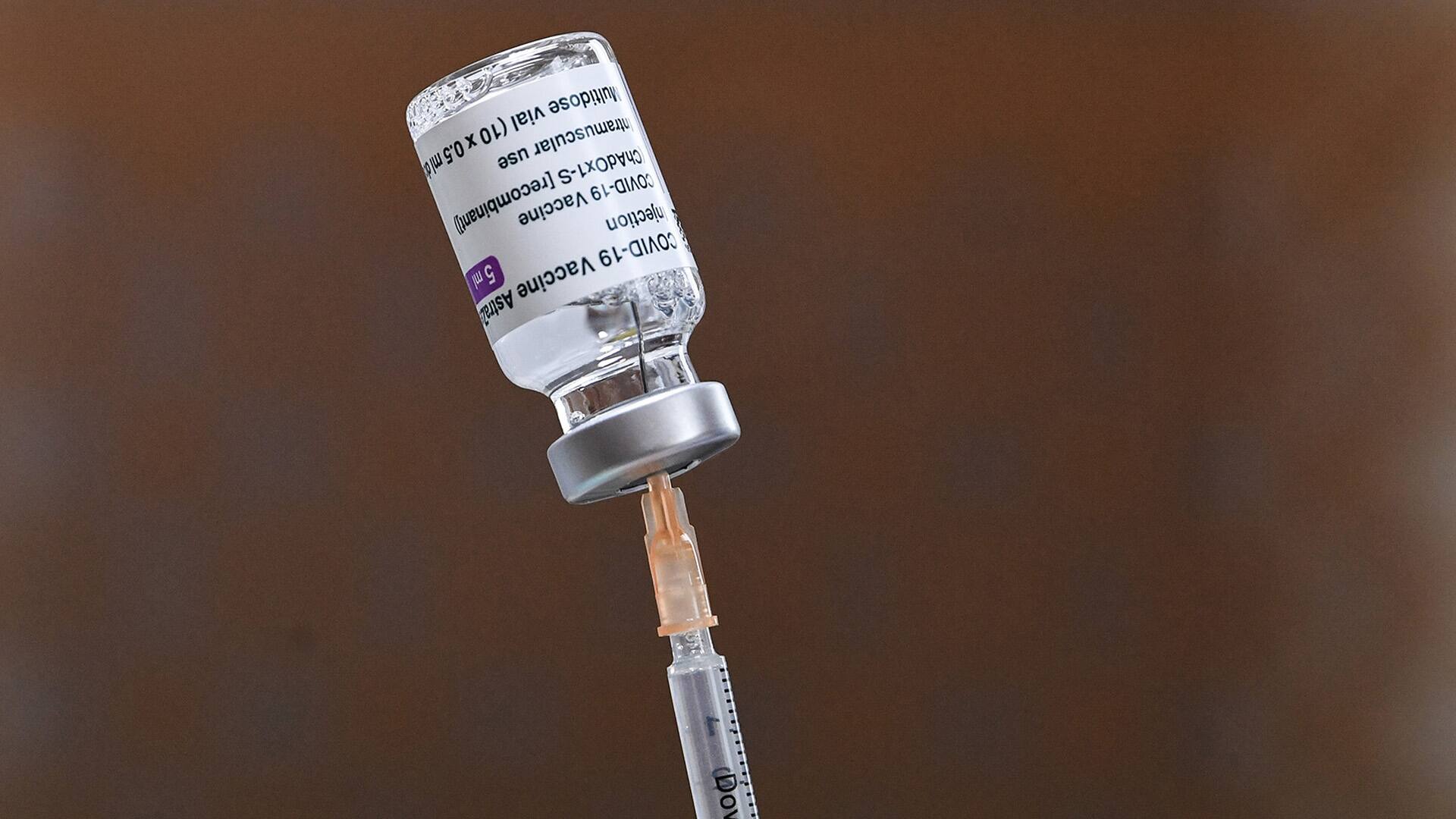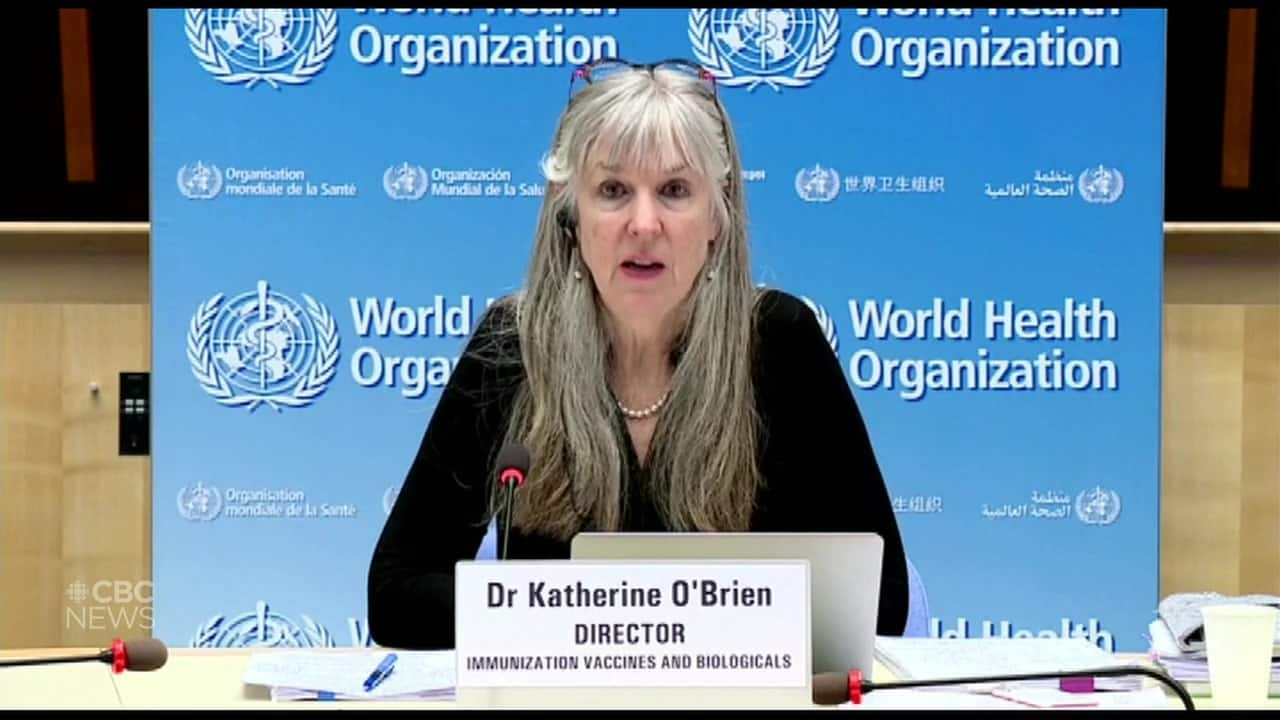Assessing COVID Variants in Potentials for Oncoming Waves
"No matter how the virus changes, it needs us to be close enough to each other and to have interactions to let it jump between us.""If we don't give the virus those opportunities, it simply can't spread no matter what variant it is."Emma Hodcroft, virologist, University of Basel, Switzerland"B.1.1.7 was first sequenced in the UK on 20 September. It caught the attention of scientists on 8 December, when they were looking for reasons for the surge of cases in south-east England.""B.1.1.7 has 23 mutations compared with the original SARS-CoV-2 virus first discovered in Wuhan, China. Seventeen lead to changes in viral proteins. Many of these mutations have been found before and their overall number isn't unusual, but this combination is unique."Michael LePage, News & Technology"[All this is bad news because it means tougher measures are needed]. Without effective control policies, rapid surges are predicted and the burden in the first six months of 2021 may be greater than what was seen in 2020."Nick Davies, London School of Hygiene & Tropical Medicine"This variant is more fit, or it works better. Naturally, there's going to be more of it and it's going to be transmissible more easily and grow more readily and then kind of take over, so to speak, the population of viruses.""These new variants can still be detected with our current methods of detection, so that's one thing that should be reassuring. We can still detect these variants just like we've been able to detect the original strain."Dr. Daniel Rhoads, microbiologist, Cleveland Clinic
 |
| The microbiology lab at the Health Sciences Centre in Winnipeg on Tuesday, Dec. 8, 2020. THE CANADIAN PRESS/Mikaela MacKenzie |
The world has been in flux for a year and counting, since the entry of the SARS-CoV-2 virus causing COVID-19 has disrupted everything conceivable about human life; health and safety, the world economy, mass employment, production, travel, the ability of health care systems globally to keep pace with the waves of infection, the state of people's general well-being in mental health, and more. Now that vaccines are in production and distribution to inoculate populations begin, nations vie against one another to acquire them.
And then, what? Back to square one when we think we're finally getting to the point where virus control is possible and life can return to approximating normal? Variants. Medical science knows all about mutations in viruses; they happen all the time. Variants so innocuously benign there is little difference from the controlled original and alternately, mutations causing variants of a type that is more infectious, more threateningly lethal, less readily controlled by the vaccines in circulation.
Variants that spread so rapidly they become the dominant strain, the successor to the original which begins to decelerate, making room for a more disturbingly efficient and deadly strain. And we start all over again. And until and unless vaccines are in widespread use, such that the pathogen begins its retreat, other mutations are assured, hundreds of them, most of no account, though occasionally several will emerge constituting yet another threat.
The U.K. variant has infiltrated 70 countries so far, from its original emergence in a county close to London, in the fall of 2020. In Canada, a long-term care home in Ontario experienced an outbreak infecting all 129 residents and 105 staff in January. Over half of the residents died of its effects. That is lethal efficiency. Its presence is steadily growing. When Britain instituted a lockdown in December because of its variant, many other countries banned travel to and from the United Kingdom. It is always too late.
 |
| Laboratory technicians wearing protective equipment work on the genome sequencing of the SARS-CoV-2 virus and its variants at the Pasteur Institute in Paris on Jan. 21. (Christophe Archambault/AFP/Getty Images) |
The U.K. variant, B117 was initially identified as being up to 70 percent more transmissible in comparison to other minor variants, owing to its enhanced capacity to bind easily to human cells. At first it was thought not to be any more lethal than the original. Continuing studies led to preliminary findings from January suggesting that higher occurrences of death do indeed afflict people infected with the strain. Professor of mathematical modelling of infectious diseases, John Edmunds of the London School of Hygiene and Tropical Medicine said of the findings that they were "statistically significant", to be taken seriously.
 |
| South Africa halted rollout of AstraZeneca COVID vaccine |
The South African variant (B1351) detected in October 1,000 km south of Johannesburg, spread to other coastal areas of South Africa, now accounting for over 90 percent of cases in the country. It too has spread, discovered to have appeared in over 30 countries. Similar to the U.K. variant in being more transmissible; up to 50 percent, but no evidence has yet arisen that it may be more deadly than its original. It does, however, contain mutations reducing the ability of antibodies (vaccines) to bind to the virus to make them less effective.
Because this mutant strain weakens the body's natural immune response making people vulnerable to re-infection, South Africa interrupted its rollout of the AstraZeneca vaccine once data indicated it gave only minimal protection against mild infection. Both Novavax and Johnson & Johnson vaccines are also indicative of reduced protection against the South African strain.
The third threatening variant has arisen in Brazil making its debut in of all places, Haneda airport, Japan when four travellers from Brazil tested positive for the variant. The Brazilian state of Amazonas in the northwest of the country, bordering Peru, Colombia and Venezuela has become a hotbed of the P1 Brazil variant. It, in turn, is similar to the South Africa variant in that its mutations impact the body's immune system response making it possible that someone who has recovered from COVID-19 is susceptible to re-infection with the Brazil variant.
In Manaus, Amazonas' largest city -- population two million -- 42 percent of specimens tested positive for the virus in late December. Its rapid spread is a matter of concern for scientists. Whereas the U.K. variant appeared to have taken three months to become dominant in Britain, all it took was a month for the Brazil variant to become dominant in Manaus, a region already hard hit by the original virus in April, and where scientists anticipated the population would certainly reach herd immunity ... before the advent of the variant. Moreover, since it shares identical mutations as the South Africa variant, protection from vaccines may not be reflected at a similar level of the original virus.

Labels: Brazil Variant, Infectiousness, Lethality, SARS-CoV-2 Mutations, South Africa Variant, U.K. Variant, Vaccine Effectiveness

0 Comments:
Post a Comment
<< Home